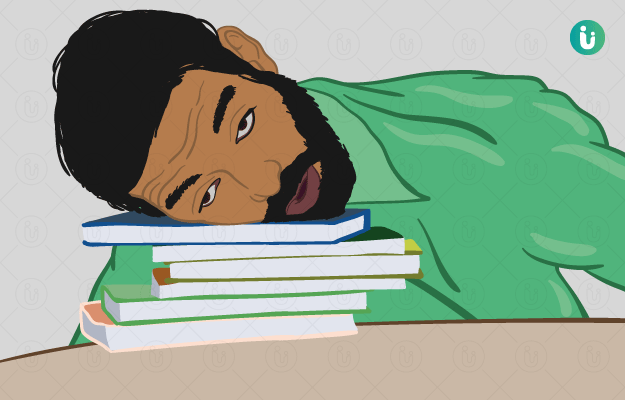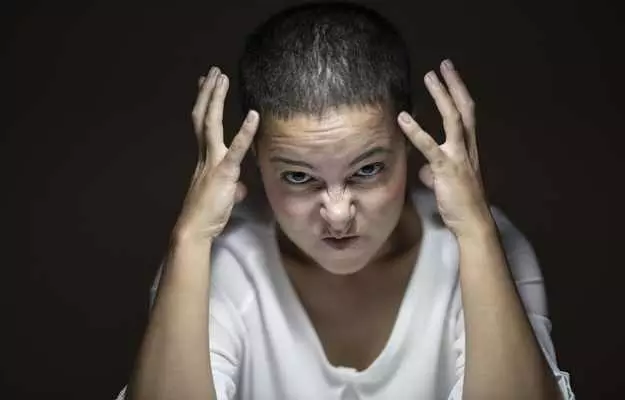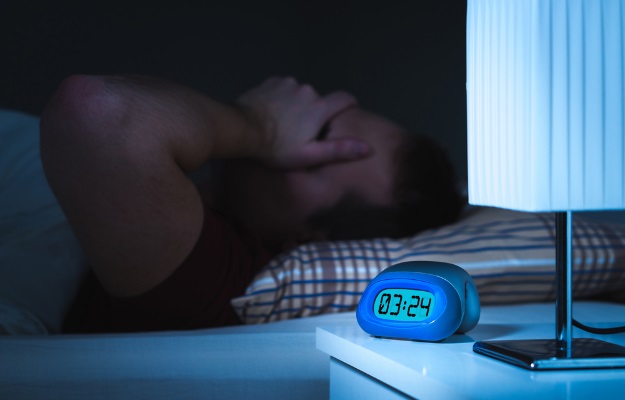Sleep deprivation is the lack of adequate sleep, which occurs due to many reasons. It is not a disease but a symptom that can result due to various diseases or life situations that disturb the sleep pattern. Lack of sleep can result in numerous health issues and must be corrected at the earliest.
Please check this page for a complete solution to the sleep disorder.

 Doctors for Sleep Deprivation
Doctors for Sleep Deprivation  OTC Medicines for Sleep Deprivation
OTC Medicines for Sleep Deprivation
 Sleep Deprivation articles
Sleep Deprivation articles News for Sleep Deprivation
News for Sleep Deprivation









 Editorial Team
Editorial Team

 Dr. Ayush Pandey
Dr. Ayush Pandey













